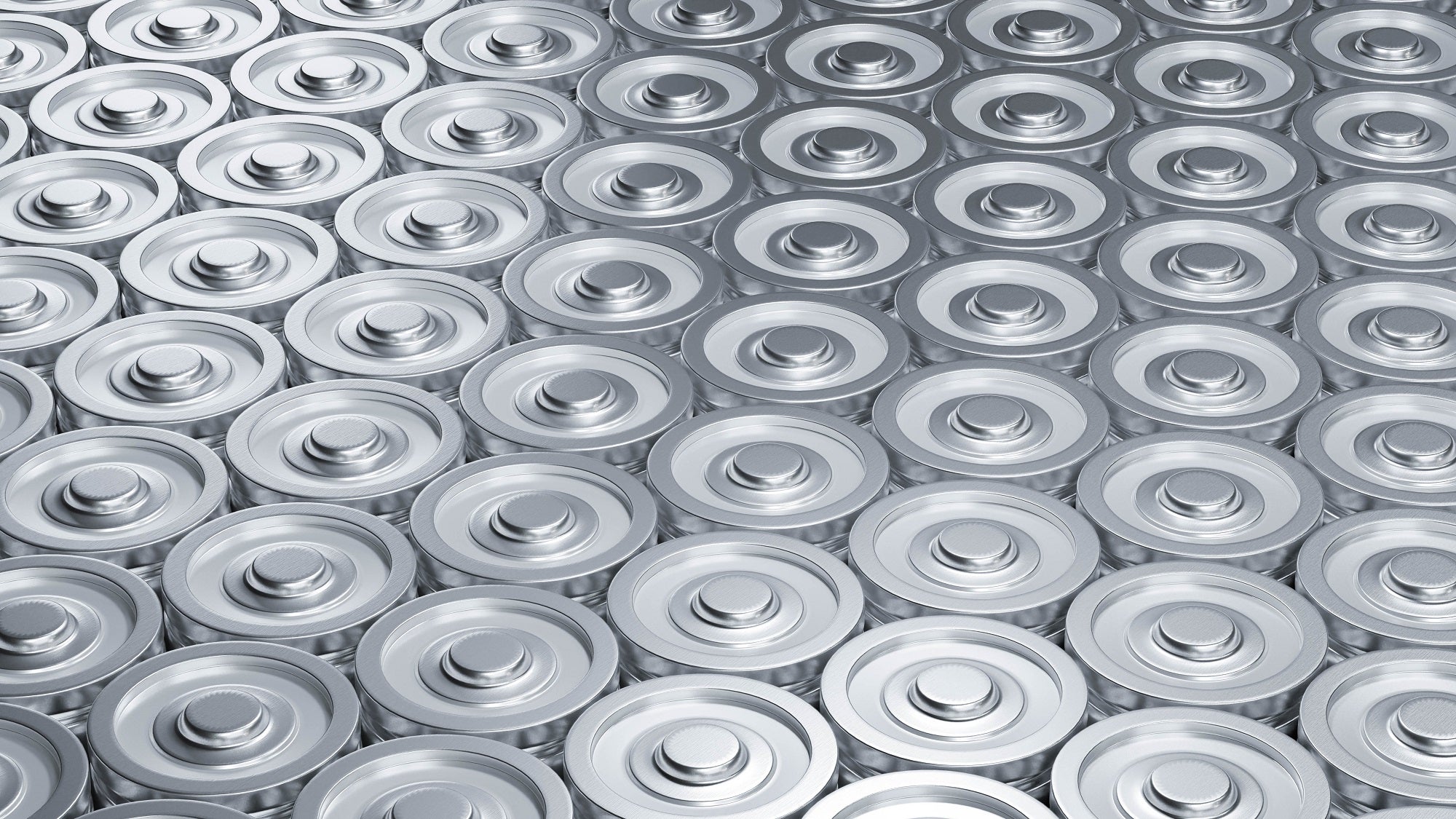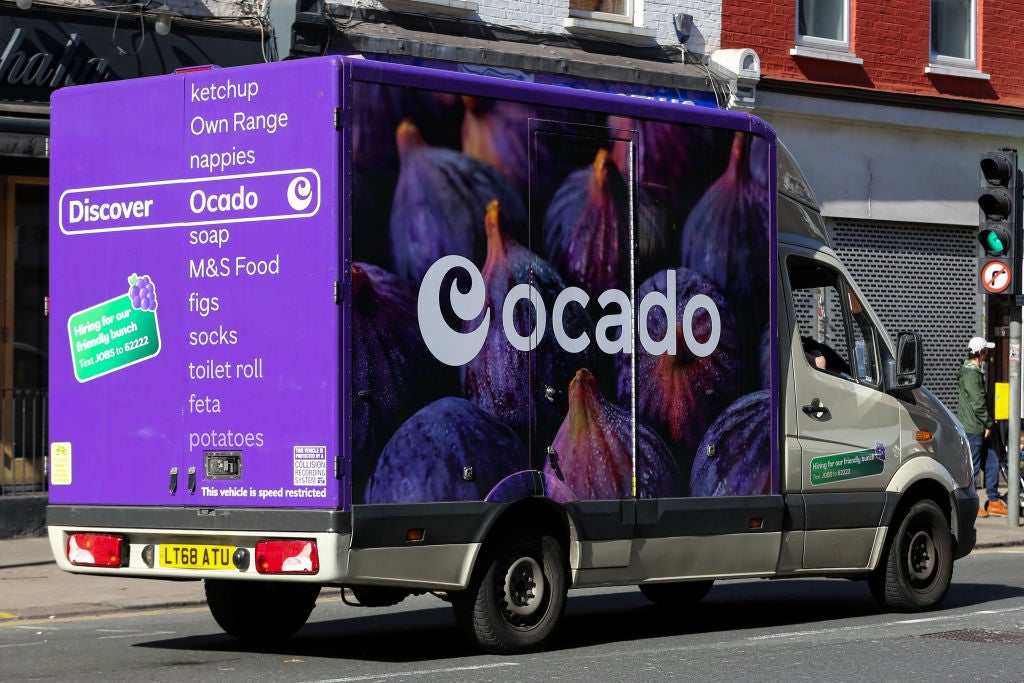
Gotion High-Tech Company claims to have developed a technology to offer cheaper and more powerful electric vehicle (EV) batteries, reported Bloomberg.
Recently, the Chinese battery maker launched a lithium-iron-manganese-phosphate battery (LMFP), which it claims can give an EV a range of 1,000km on a single charge.
Up until now, this kind of range has primarily been offered by more expensive nickel-cobalt batteries.
In an interview, Gotion international business unit executive president Cheng Qian told the publication: “It is an upgrade, it is a leap for energy density”.
The new offering adds manganese to the existing lithium-iron-phosphate battery (LFP).
LFP advancements that increase power density in more compact packages have boosted the technology’s acceptance because it is often less expensive to produce.
How well do you really know your competitors?
Access the most comprehensive Company Profiles on the market, powered by GlobalData. Save hours of research. Gain competitive edge.

Thank you!
Your download email will arrive shortly
Not ready to buy yet? Download a free sample
We are confident about the unique quality of our Company Profiles. However, we want you to make the most beneficial decision for your business, so we offer a free sample that you can download by submitting the below form
By GlobalDataQian claims that while Gotion’s new battery could attain 240Wh/kg, LFP batteries had virtually reached their maximum energy density at 190Wh/kg.
Therefore, the weight and size of the battery pack can be reduced by storing more energy in each battery cell.
Gotion, which is backed by Volkswagen, anticipates that its LMFP battery will cost 5% less than an equivalent traditional LFP battery in terms of dollars per kilowatt-hour, Qian added.
Compared with nickel-cobalt units, it would be 20% to 25% less expensive.
Although LMFP technology is not new, conventionally the cells are not used in EVs applications due to issues such as low conductivity, high-temperature disintegration, or low density.
Gotion claimed that its “Astroinno” battery has overcome these technical obstacles. According to Qian, the battery has passed the safety tests and its mass manufacturing might start as early as the second quarter of 2024.







